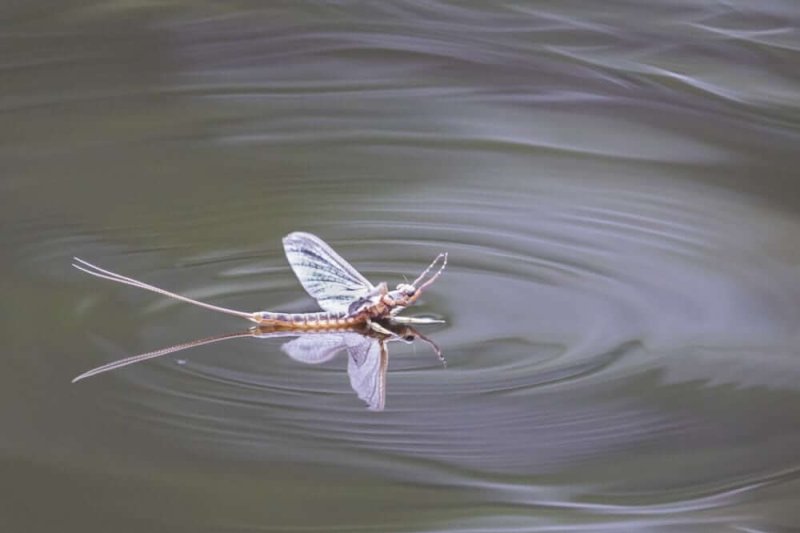In 2018, Health Canada proposed to phase out all agricultural uses of thiamethoxam, a Syngenta product, and clothianidin, a Bayer insecticide.
Neonics, as they are known, are widely used in Canadian agriculture. They are applied as a seed treatment to most of the corn and canola seeds in Canada, and a portion of the soybean seeds. They are also applied to fruit, vegetables and berry crops.
…
In the summer of 2018, department scientists said the insecticides were accumulating in ponds, creeks and other water bodies near agricultural land. The concentrations of neonics were harmful to midges and mayflies and therefore posed a threat to the birds and other animals that rely on the insects for food.
The Canadian Canola Growers Association and Alberta Agriculture collected and analyzed water samples near canola fields in Western Canada to test the ponds, creeks and water bodies for the presence of neonics.
Both groups found tiny concentrations of neonics at levels below the threshold of risk to aquatic insects.
[Health Canada’s Pest Management Regulatory Agency] incorporated the results into its decision.
“Based on these data it was determined that the risks to aquatic invertebrates resulting from chronic exposure following application of clothianidin under certain currently registered conditions are acceptable.”
Health Canada scientists came to the same conclusion about thiamethoxam.
Read the original post































